Abstract. Social identity theory (SIT) provides a framework for explaining intergroup behavior and intergroup communication based on the inherent value humans place on social group memberships.. Social identity theory was initially developed at Bristol University in the UK in the 1970s by Henri Tajfel, who essentially integrated his early classic scientific work on categorisation and social perception (e.g. Tajfel, 1969) with his passion to understand prejudice, discrimination, and intergroup conflict in society.Tajfel was a Polish Jew who lost his entire family to the holocaust.

Chapter 1, The Social Identity Theory of Intergroup Behavior, Social identity theory (SIT)pdf
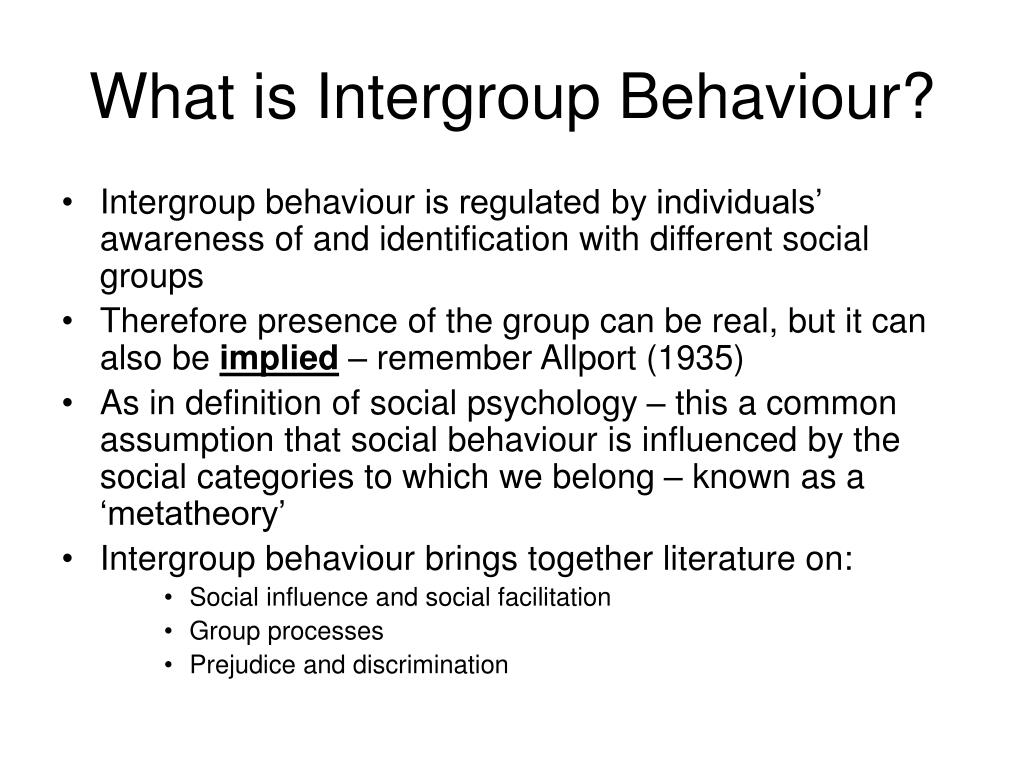
PPT C82SAD Intergroup Behaviour PowerPoint Presentation, free download ID688381
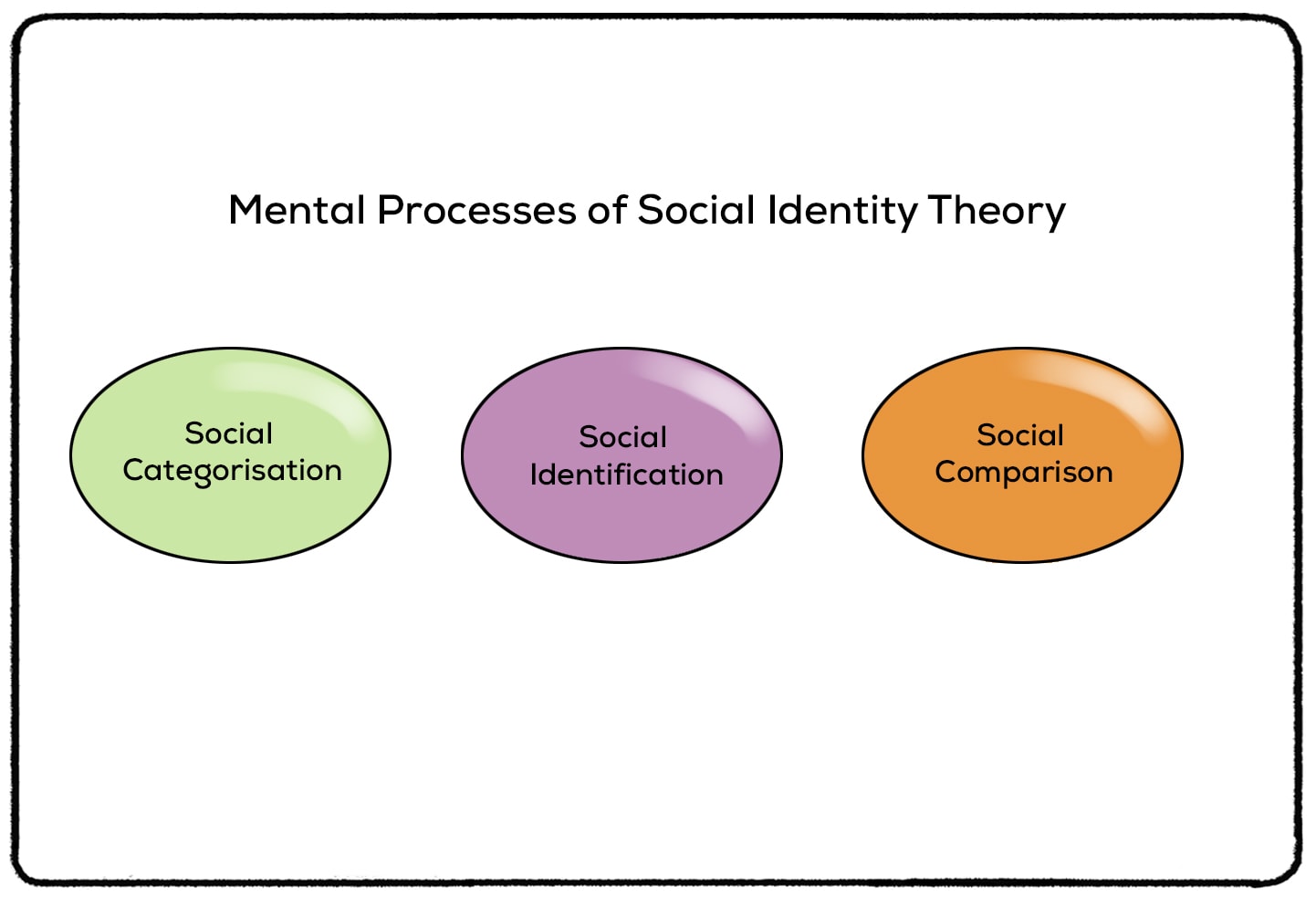
Social Identity Theory Practical Psychology

Social Identity Theory (Examples, Strengths & Weaknesses) (2024)

Difference between Identity Theory and Social Identity Theory

PPT 14 Intergroup Relations PowerPoint Presentation, free download ID2260437
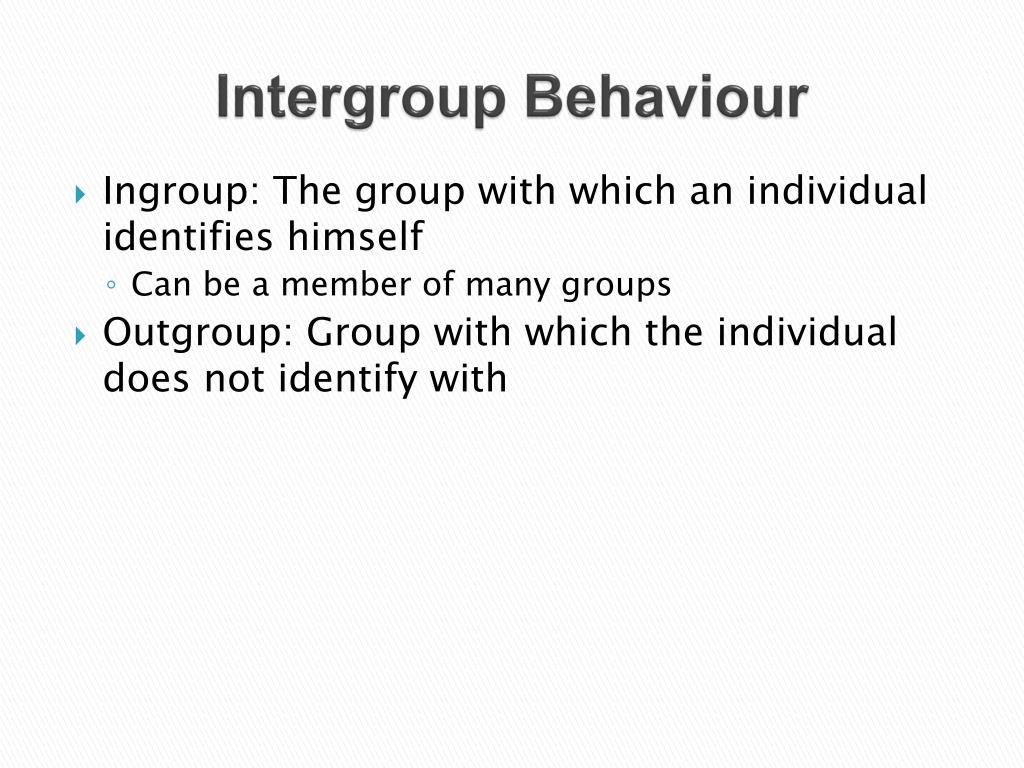
PPT Intergroup Behaviour and Social Psychology PowerPoint Presentation ID1590913

Theoretical Framework of Social Identity Theory. The model is the basis... Download Scientific

Social Identity Theory Definition + 3 Components YouTube

Intergroup Behavior and Peer Support Duke Identity & Diversity Lab

Social Identity Theories
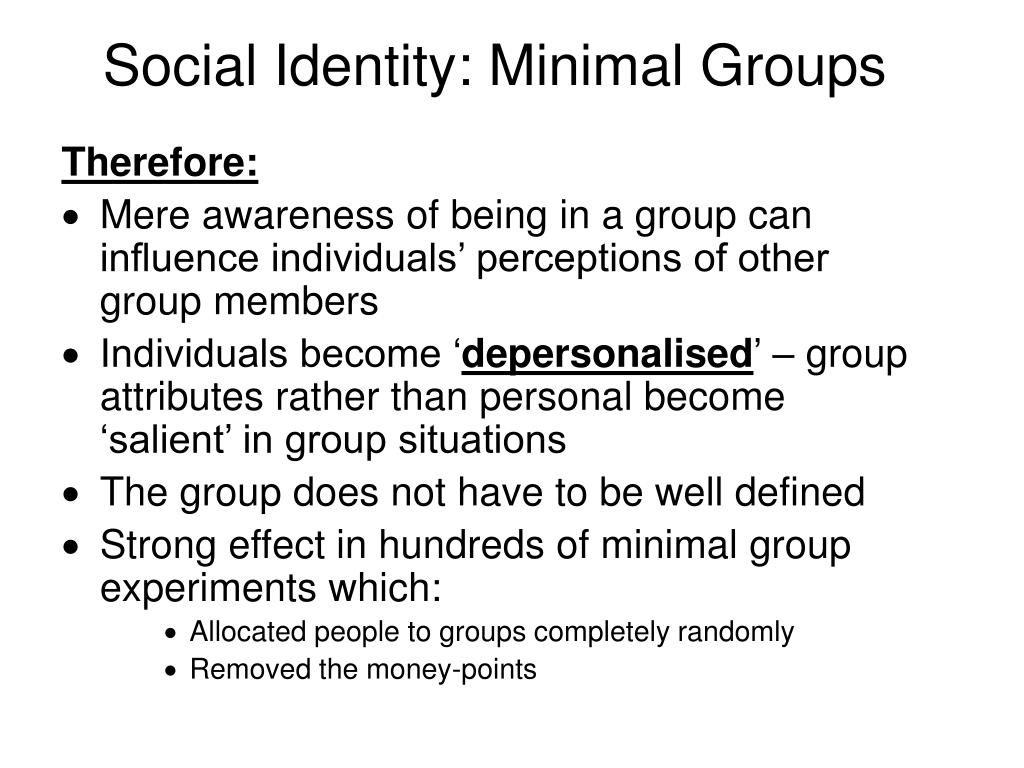
PPT C82SAD Intergroup Behaviour PowerPoint Presentation, free download ID688381

PPT SOCIAL IDENTITY THEORY (SIT) PowerPoint Presentation, free download ID1968003

PPT Social Psychology Chapter 13 PowerPoint Presentation, free download ID1520860

Intergroup Relations and the Psychology of Protesting Racism YouTube
![[PDF] The Social Identity Theory of Intergroup Behavior by Henri Tajfel, John C. Turner · 10. [PDF] The Social Identity Theory of Intergroup Behavior by Henri Tajfel, John C. Turner · 10.](https://og.oa.mg/The Social Identity Theory of Intergroup Behavior.png?author= Henri Tajfel, John C. Turner)
[PDF] The Social Identity Theory of Intergroup Behavior by Henri Tajfel, John C. Turner · 10.

PPT Topic 7 Social Psychology Prosocial Behaviour PowerPoint Presentation ID179918

PPT SOCIAL IDENTITY THEORY (SIT) PowerPoint Presentation, free download ID1968003

1 A Schematic Diagram of Social Identity Theory's Basic Principles Download Scientific Diagram
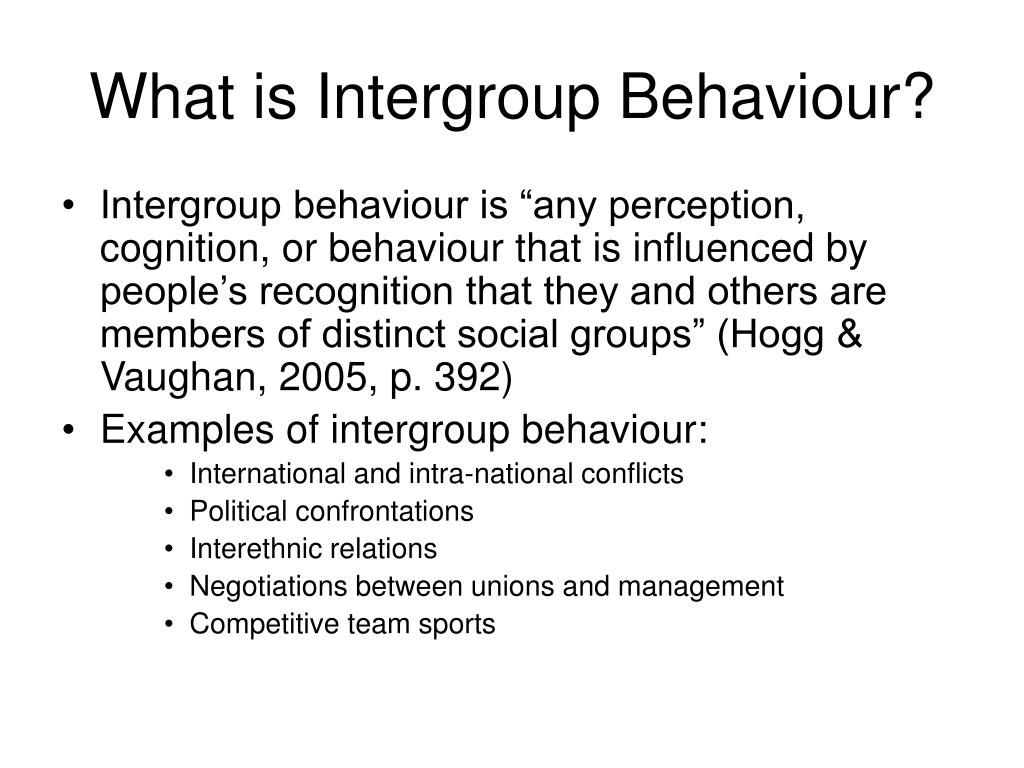
PPT C82SAD Intergroup Behaviour PowerPoint Presentation, free download ID688381
Social identity theory was developed as an integrative theory, as it aimed to connect cognitive processes and behavioral motivation. Initially, its main focus was on intergroup conflict and intergroup relations more broadly. For that reason, the theory was originally referred to as the social identity theory of intergroup relations.. The theory has become an umbrella term for a set of more specific theories of intergroup behavior. Summary of Social Identity Theory. The theory originated in studies using the "minimal group paradigm" in the early 1970s (Tajfel, Billig, Bundy, & Flament, 1971). These studies demonstrated people's apparently inherent desire to distinguish.